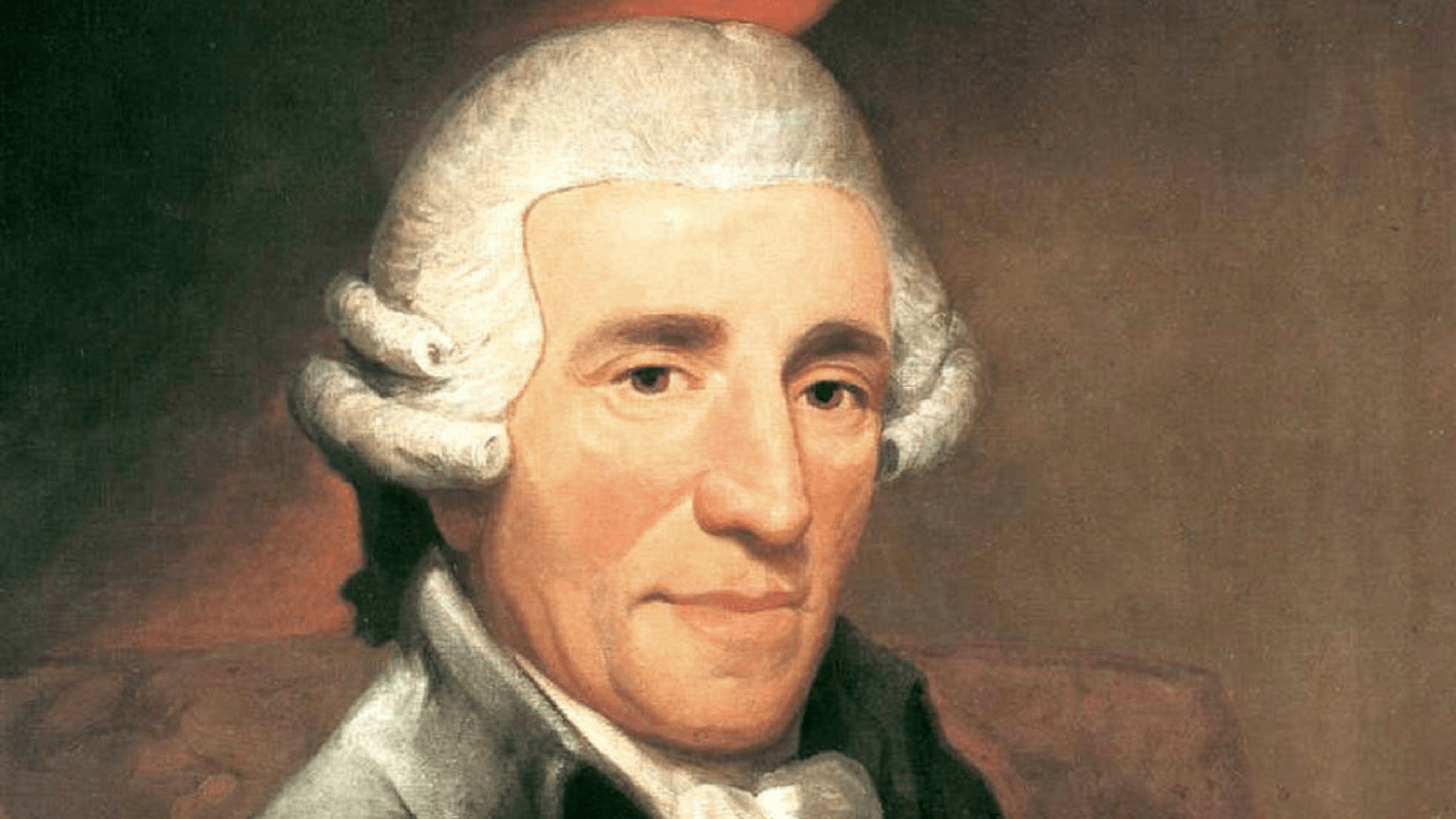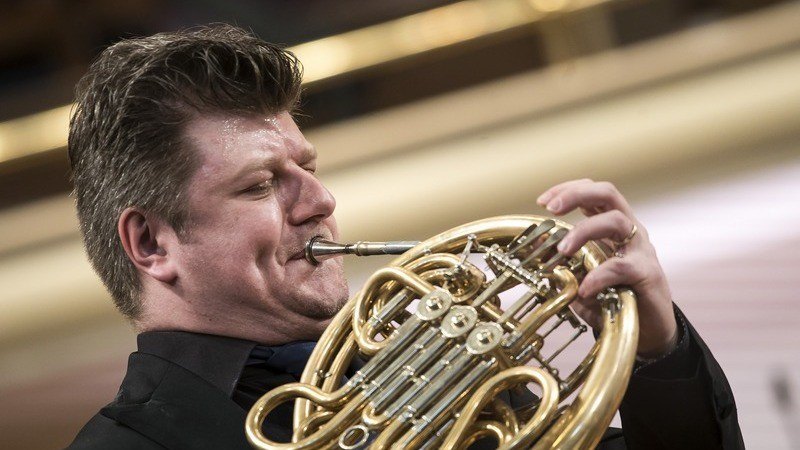The Marriage of Figaro’s Act II Finale: Mozart’s Dramatic “Tour de Force”
In his book, The Classical Style: Haydn, Mozart, Beethoven, Charles Rosen points out the amazing compositional feat that occurs at the end of the second act of Mozart’s The Marriage of Figaro. Citing its length (four acts) and “moral gravity,” Rosen considers The Marriage of Figaro to be Mozart’s first great “fusion” of opera buffe (or comic opera) with the dramatic weight and sophistication of opera seria: Mozart’s ability to define character by purely musical means, to write for each of the three sopranos (the Countess, …







